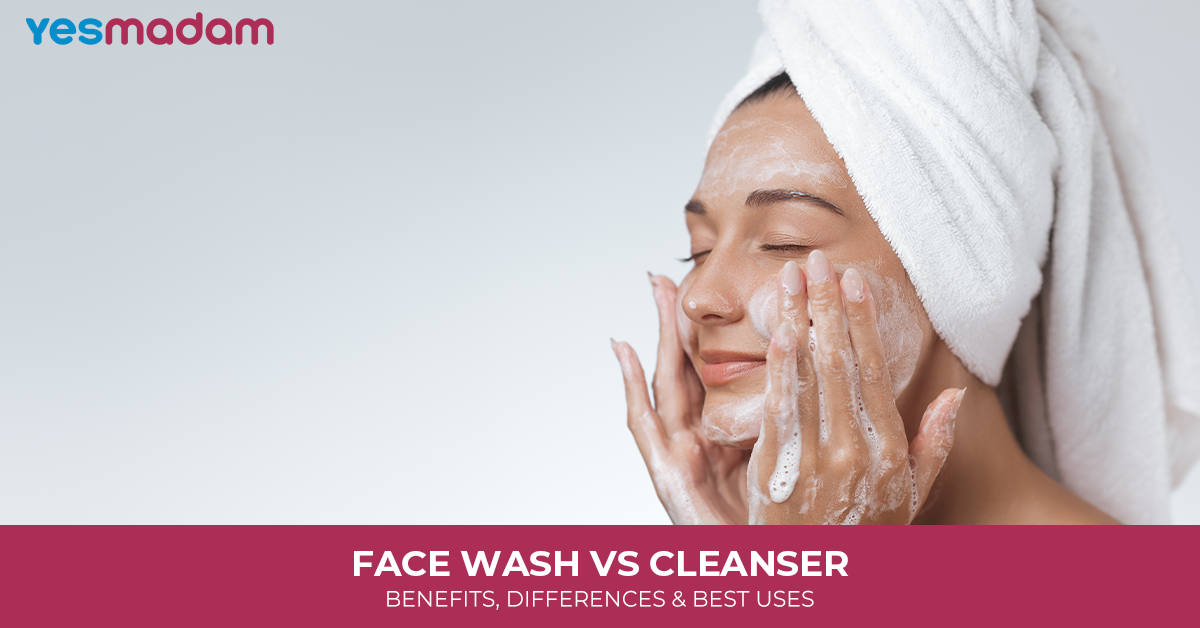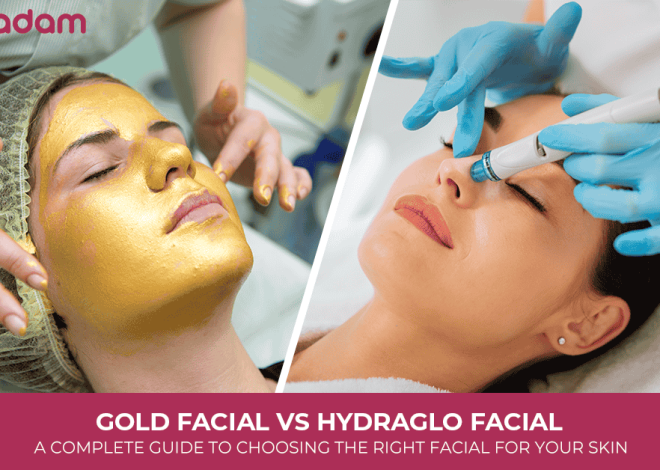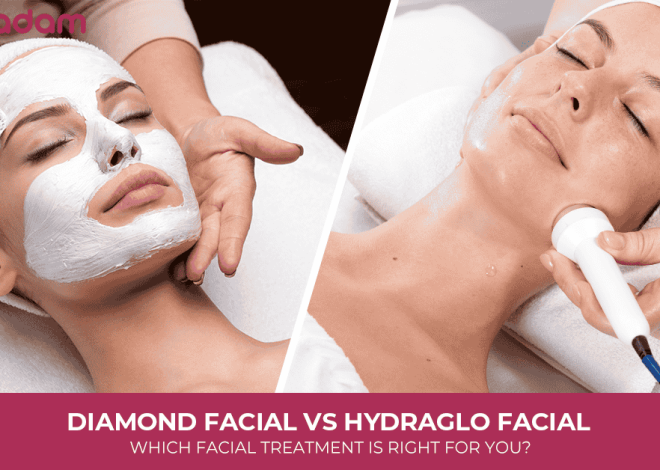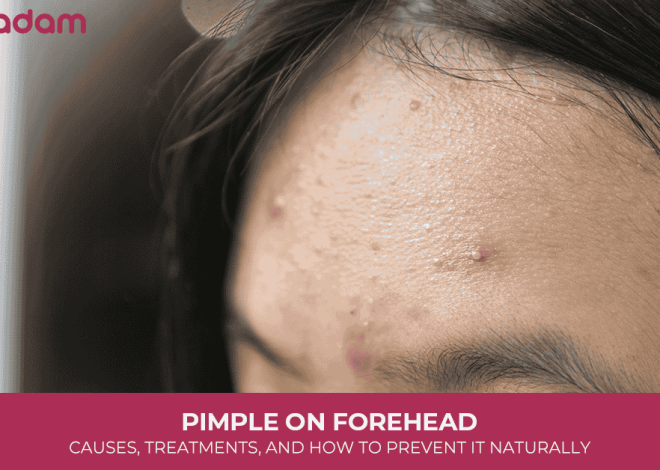
Face Wash vs Cleanser: Benefits, Differences & Best Uses
Daily exposure to atmospheric pollutants like dirt, dust, and harsh UV rays can easily strip your skin of its natural glow, leaving it tanned, dull, and more prone to acne. This is where skincare becomes your savior, helping to minimize and prevent the damage caused by environmental stressors.
And like any good routine, effective skincare often begins with a fundamental step: cleansing. However, many of us find ourselves confused when choosing between a cleanser and a face wash. In this blog, we break down the differences to help you make the right choice for your skin.
Let’s get started…
Table of Contents
What is a Cleanser?

A face cleanser is a skincare essential used to remove dirt, oil, and impurities from the skin. Each day, our faces are exposed to environmental pollutants and natural oils that can build up over time. If not properly cleaned, this buildup can lead to skin conditions such as Dermatitis Neglecta.
To combat this, many people incorporate face cleansers into their nighttime routines. These products help clear away makeup, sebum, and grime, allowing the skin to breathe and regenerate overnight. Face cleansers are usually mild, non-foaming liquids. Unlike face washes, they often don’t require rinsing with water, making them ideal for gentle, daily use, especially on sensitive skin.
What is Face Wash
A face wash is a liquid cleanser specifically formulated for facial skin, serving as a more advanced alternative to traditional soap. Unlike soap, which can be harsh and drying, face washes are designed with gentle, skin-friendly ingredients that effectively cleanse without stripping away natural moisture.
These foaming solutions penetrate deep into the pores to remove dirt, oil, and impurities, leaving the skin feeling thoroughly clean, refreshed, and revitalized.
Benefits of Using Cleanser and Face Wash

Using both a cleanser and a face wash in your skincare routine can help make your skin healthier and look better. Even though they might seem the same, they have different uses depending on your skin type and needs.
Benefits of Using a Cleanser
- Removes oil-based dirt: Cleansers are great at removing makeup, sunscreen, and extra oil from your skin.
They work best as the first step in your evening skincare routine. - Gentle on the skin: Most cleansers are soft and don’t upset your skin’s natural balance.
They are good for sensitive, dry, or acne-prone skin. - Keeps skin moisturized: Many cleansers have ingredients that help your skin stay hydrated, like glycerin or hyaluronic acid.
- Doesn’t dry out the skin: Cleansers are usually creamy or oil-based, so they clean without making your skin feel tight or dry.
Benefits of Using a Face Wash
- Removes dirt and sweat: Face washes foam or lather up, which makes them great for cleaning off sweat, dirt, and pollution.
- Feels refreshing: Some face washes include ingredients like tea tree oil or menthol that make your skin feel cool and fresh.
They’re great to use in the morning. - Made for different skin types: Many face washes are designed for oily, acne-prone, or combination skin.
They help reduce oil and stop breakouts. - Some gently scrub your skin: Certain face washes have ingredients like salicylic acid or tiny beads that help remove dead skin and make your skin feel smooth.
Cleanser Vs Face Wash: How to Make the Right Choice for Your Skin
Choosing between a cleanser or face wash depends on your skin type and what your skincare routine is trying to achieve. While both aim to clean the skin, they serve different purposes. Cleansers are typically more hydrating and are ideal for dry or sensitive skin, or for removing makeup. Face washes are designed to deeply cleanse the skin, making them a better option for oily or acne-prone skin types.
Face Wash
- Best for: Oily, acne-prone, or combination skin
- Purpose: Provides a deep cleanse, removes excess oil, and helps unclog pores
- Formulas: Usually foaming or gel-based with ingredients like salicylic acid to treat and prevent acne
- Application: Can be used once or twice daily, depending on how oily or breakout-prone your skin is
Cleanser
- Best for: Dry, sensitive, mature skin, or as a gentle option for makeup removal
- Purpose: Cleanses while hydrating, helping to maintain the skin’s natural barrier
- Formulas: Creamy, milky, or oil-based, designed to nourish and soothe without stripping moisture
- Application: Often used at night to remove makeup and impurities, or in the morning for a gentle refresh
The cleanser vs face wash decision comes down to your skin’s specific needs. If your skin is dry or sensitive, or you wear makeup regularly, a cleanser is likely the better option. If your skin is oily or prone to breakouts, a face wash will give you a deeper, more targeted cleanse. For those who want the benefits of both, consider a double cleansing routine, starting with a cleanser followed by a face wash for optimal results.
What is the Difference between a Face Wash and Face Cleanser?

Still unsure and wondering whether a cleanser or a face wash is better? The detailed comparison table below highlights the key differences between the two and will help you decide which one to use based on the core distinguishing factors.
| Feature | Face Wash | Face Cleanser |
| Primary Function | Removes dirt, oil, and impurities with a foaming or gel-like texture | Gently cleanses and removes dirt, makeup, and excess oil without foaming |
| Texture | Foamy, gel-based, or creamy (depending on skin type) | Creamy, lotion-like, or sometimes micellar water-based |
| Use Case | Ideal for deep cleansing, especially for oily and acne-prone skin | Ideal for gentle cleansing, suitable for dry, sensitive, or combination skin |
| Cleansing Intensity | More intense; strips excess oil from the skin | Mild; retains natural moisture barrier of the skin |
| Best Used When | Morning and after workouts or outdoor exposure | At night, to remove makeup or before bedtime |
| Target Audience | People with oily, acne-prone, or combination skin | People with dry, sensitive, or mature skin |
| Rinsing Requirement | Requires water to rinse off | Some cleansers can be wiped off with cotton (e.g., micellar water) |
| Ingredients Focus | Often includes exfoliants, salicylic acid, or antibacterial agents | Includes hydrating ingredients like glycerin, ceramides, or aloe vera |
| Effect on Skin | Can sometimes feel drying or tight | Leaves skin soft, moisturized, and comfortable |
| Dermatologist Advice | Not ideal for dry or sensitive skin types | Recommended for those with skin conditions like eczema, rosacea, or dryness |
Conclusion
When it comes to skincare, the cleanser vs face wash debate is all about understanding your skin’s needs. Face washes give a deep, refreshing cleanse, ideal for oily or acne-prone skin. Cleansers are gentle, hydrating, and perfect for dry or sensitive skin. You don’t have to choose just one; combining both in a double cleansing routine can offer the best of both worlds. The right choice ensures your skin stays clean, balanced, and glowing every single day.
FAQs
1. What should I choose: cleanser or face wash for dry skin?
Choose a cleanser, it’s gentle, hydrating, and won’t strip away natural oils.
2. Cleanser or face wash which is better?
It depends on your skin type: cleanser for dry/sensitive skin, face wash for oily/acne-prone skin.
3. Which is better, face wash or cleanser on oily skin?
Face wash is better for oily skin as it deeply cleanses and controls excess oil.
4. Do face wash and cleanser work the same on every skin type?
No, cleansers suit dry/sensitive skin, while face washes are best for oily or acne-prone skin.
5. Which is better cleanser or face wash on combination skin?
Use both, cleanser for dry areas and face wash for oily zones as needed.
6. Skin cleanser vs face wash: what is better on a daily basis?
Both can be used daily, pick based on your skin type or use in a double-cleansing routine.
7. Can I use both cleanser and face wash together?
Yes, use a cleanser first to remove makeup and oil, then a face wash to deep-clean pores.
8. Is micellar water a cleanser or face wash?
Micellar water is a type of cleanser, great for removing makeup without rinsing.
9. Should I use cleanser or face wash first?
If using both, start with the cleanser to break down oils, then follow with the face wash.
10. How often should I use a face wash or cleanser?
Use once or twice daily, depending on your skin type and how much dirt or oil builds up.



